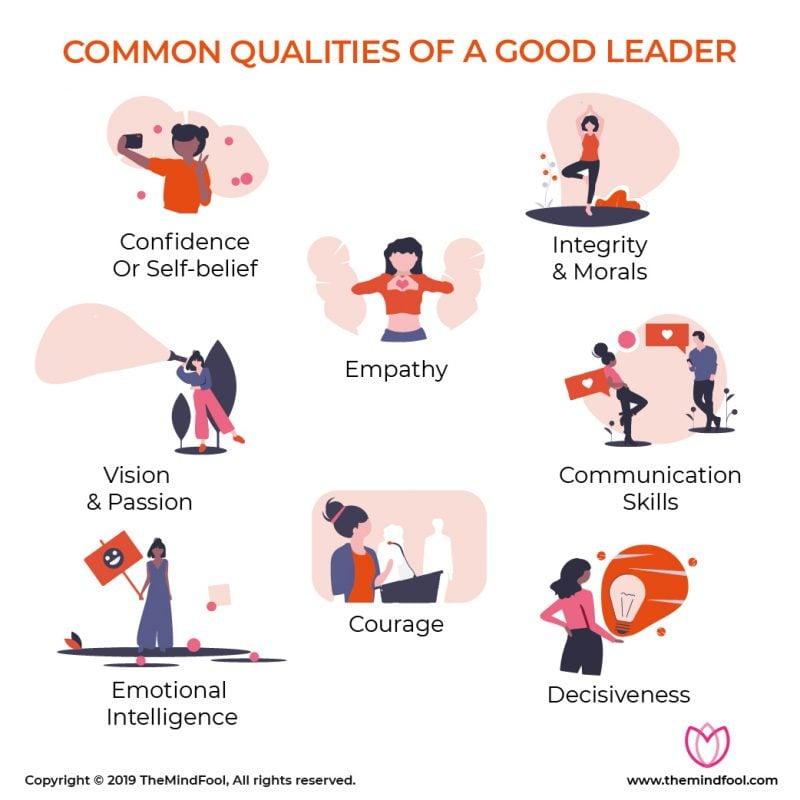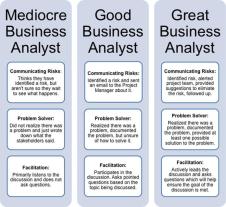What are the attributes of effective team?
Effective teams share several key attributes that contribute to their success:
Clear Goals and Objectives: Effective teams have a shared understanding of their purpose, goals, and objectives. Clarity in direction helps team members align their efforts and work collaboratively toward common targets.
Strong Communication: Open and transparent communication is crucial. Team members should feel comfortable expressing ideas, sharing feedback, and discussing challenges. Effective teams actively listen to each other and communicate clearly to avoid misunderstandings.
Defined Roles and Responsibilities: Each team member understands their role and responsibilities within the team. Clear delineation of tasks ensures accountability and prevents duplication or gaps in work.
Trust and Mutual Respect: Trust is foundational in effective teams. Members trust each other's abilities, respect diverse perspectives, and have confidence in their colleagues' contributions. This fosters a supportive environment where individuals feel valued and appreciated.
Collaboration and Cooperation: Successful teams collaborate, leveraging each member's strengths and skills. They work together toward shared goals, value teamwork, and are willing to support each other to achieve collective success.
Adaptability and Flexibility: Effective teams are adaptable and flexible in response to changing circumstances or unforeseen challenges. They can adjust strategies, roles, and plans as needed without losing sight of their objectives.
Conflict Resolution Skills: Conflicts may arise within teams, but effective teams address them constructively. They have mechanisms in place to manage conflicts, resolve disagreements, and find solutions that benefit the team as a whole.
Shared Leadership and Accountability: While there might be designated leaders, effective teams often exhibit shared leadership, where members take initiative and contribute to decision-making. Everyone is accountable for their contributions and the team's overall performance.
Celebration of Successes: Recognizing and celebrating achievements, milestones, and successes is vital. It boosts team morale, fosters a positive atmosphere, and reinforces the team's motivation to continue performing well.
Continuous Improvement: Effective teams are committed to learning and improving. They regularly evaluate their performance, seek feedback, and implement changes or strategies for ongoing development.
These attributes contribute to a positive team dynamic, enhancing productivity, creativity, and overall success in achieving the team's goals.
Building Dream Teams: Key Characteristics, Strategies, and Overcoming Challenges
Effective teams, those harmonious units that achieve extraordinary things, don't appear by magic. They're built, nurtured, and constantly refined to reach their full potential. So, let's unlock the secrets of their success:
1. Key Characteristics of Effective Teams:
- Shared Vision and Goals: A clear, unifying vision that everyone understands and is passionate about fuels their commitment and drives their actions towards common objectives.
- Psychological Safety: A space where team members feel comfortable voicing their ideas, taking risks, and learning from mistakes without fear of judgment or criticism.
- Diverse Perspectives and Skills: A blend of talents, backgrounds, and experiences brings a richness of viewpoints and approaches, fostering creativity and innovation.
- Strong Communication and Collaboration: Open, honest, and respectful communication forms the backbone of effective teamwork. Active listening, sharing knowledge, and valuing different perspectives are crucial.
- Mutual trust and accountability: Team members trust each other's abilities and intentions, holding each other accountable for their contributions while offering support and encouragement.
2. Building and Maintaining Effective Teams:
- Start with the right foundation: Select individuals who not only possess relevant skills but also align with the team's values and exhibit a collaborative spirit.
- Set clear expectations and roles: Define individual roles, responsibilities, and how performance will be measured. This fosters ownership and prevents ambiguity.
- Nurture open communication: Encourage regular feedback, both positive and constructive. Foster active listening and address conflicts promptly and respectfully.
- Celebrate successes and learn from failures: Recognize and reward achievements, big and small. Analyze mistakes as learning opportunities and adapt strategies to improve.
- Invest in team development: Provide opportunities for team bonding, skill-building, and conflict resolution training. Regular team-building activities can strengthen relationships and communication channels.
3. Overcoming Team Challenges:
- Conflicting personalities: Acknowledge differences and leverage them constructively. Set ground rules for respectful interactions and focus on shared goals.
- Lack of trust: Foster trust through open communication, transparency in decision-making, and keeping promises. Demonstrate reliability and follow through on commitments.
- Poor communication: Establish clear expectations and communication channels. Encourage active listening, avoid assumptions, and practice empathy to bridge communication gaps.
- Lack of accountability: Clearly define roles and responsibilities. Implement performance metrics and hold individuals accountable for their contributions while offering support and guidance.
- Unclear goals or direction: Ensure everyone understands the team's vision, goals, and how their individual work contributes to the bigger picture. Regularly revisit and refine goals as needed.
Remember, building and maintaining effective teams is an ongoing journey, not a one-time destination. By nurturing the key characteristics, implementing these strategies, and proactively addressing challenges, you can cultivate a dream team that achieves remarkable things together, exceeding the sum of its individual parts.
So, go forth and empower your teams to reach their full potential!












